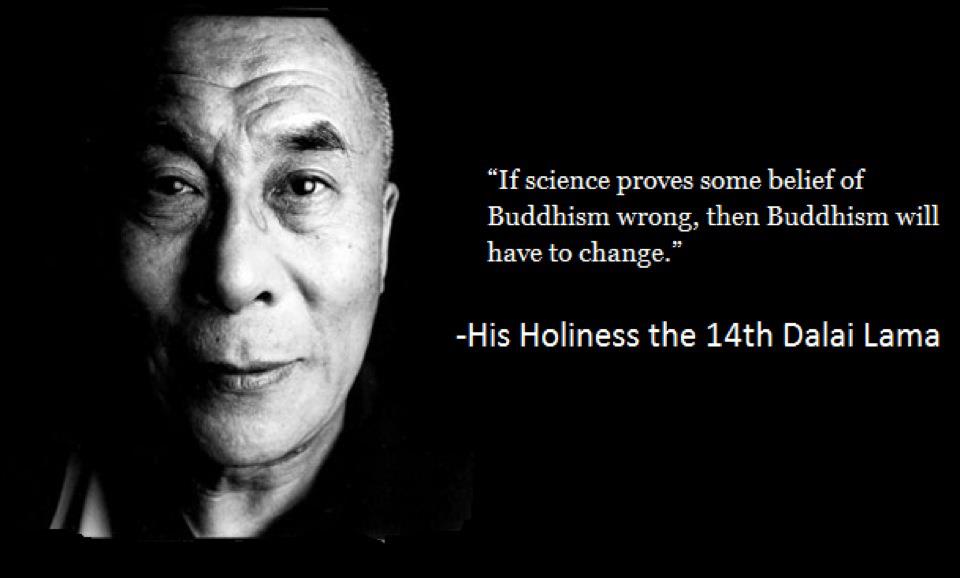Meriweather
Not all who wander are lost
- Oct 21, 2014
- 17,343
- 3,576
- 165
Some of them were Deists too, that's also no big secret.
So your opinion is that some founding fathers wanted an "infusion of religious ideals", and you have decided that means religion should influence our govt, despite nothing in our laws stating it should. What religion is that exactly? And what is the list of ideals? This is important so please be precise, no vague answers.
Start with the fact that the Founding Fathers were from an age where Church and State were one. Church was, in essence, a branch of the government. The Founding Fathers removed Church Bureaucracy from State Bureaucracy. The State did not have to check or get permission from any Church in order to conduct its business or ratify its laws. The State, simply because its members were affiliated with various religions/moral organizations would be permeated with morality and a sense of right and wrong.
Therefore, until it can be shown me where a Church bureaucracy is trying to entwine itself into the Federal bureaucracy, we have nothing to fear. Until a Church, or a religious group has muscled itself in to form a fourth branch of government, religious groups or people have no more power than any other business, corporation, club, or lobby when it comes to influencing the US Government--and probably less.
Last edited:



